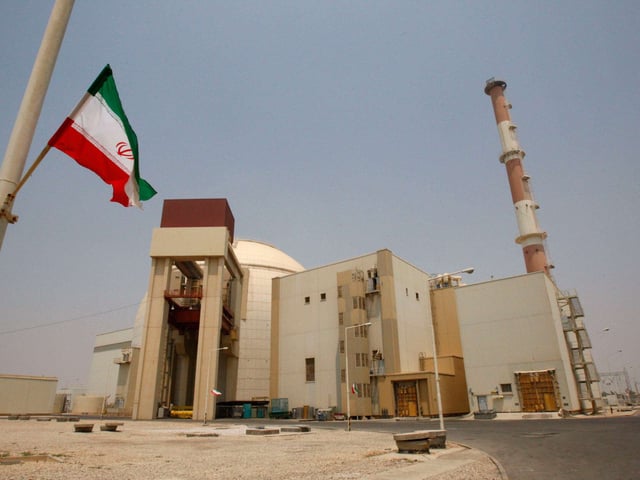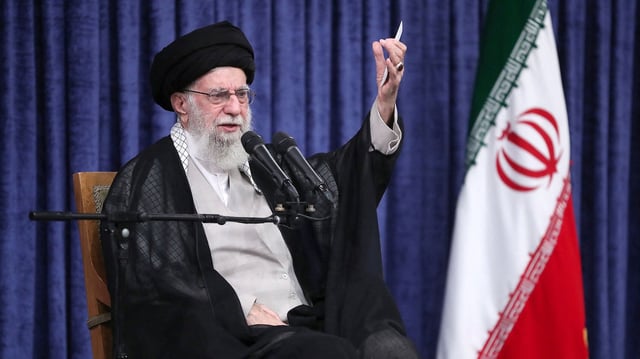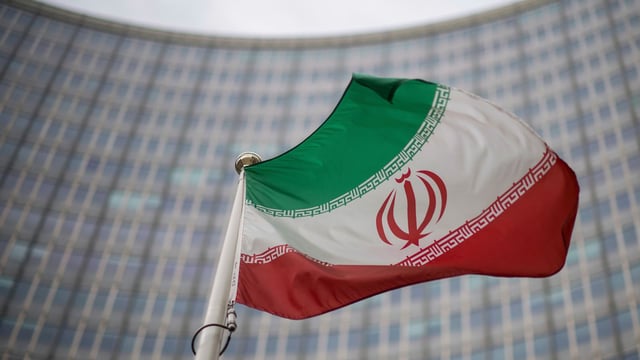Overview
- The E3 notified the UN Security Council on August 28, starting a 30‑day process that could reinstate six suspended resolutions unless Iran satisfies their concerns.
- Iran condemned the move as unlawful and warned cooperation with the IAEA could be further reduced, even as limited inspector activity at Bushehr has resumed without full access elsewhere.
- Washington welcomed the decision, with Secretary of State Marco Rubio saying the United States remains available for direct engagement, and the Security Council scheduled closed consultations for Friday.
- If completed, the snapback would revive measures including a conventional arms embargo, missile‑related restrictions, asset freezes, travel bans and prohibitions on nuclear‑related technology transfers.
- European officials cite significant non‑performance, enrichment to about 60% and verification gaps as the trigger, noting their snapback authority expires in mid‑October and that they could defer action if Iran restores full inspections and engages in substantive talks.



